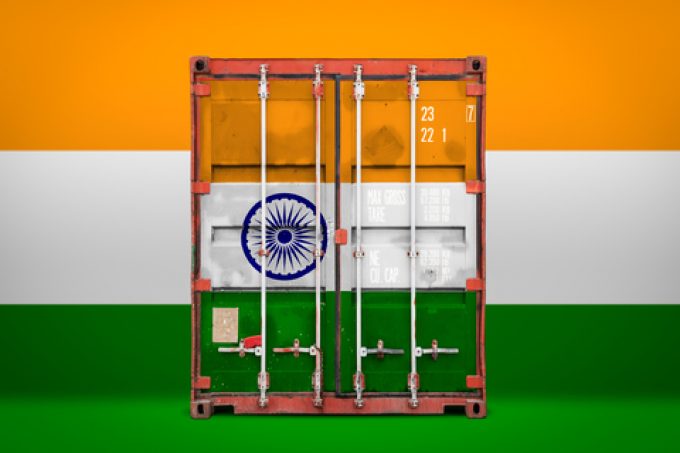Survey results: the biggest concerns for forwarders and shippers in 2025
Forwarders are expecting to make greater use of the spot market this year, even as ...

India is targeting the digital logistics revolution to reduce its high supply chain costs, with the country’s freight forwarders at the centre of the action.
A draft national logistics policy, set for release this year, aims to bring down logistics costs from 14% of GDP to 10% by 2022.
To achieve this, the government plans to create a national logistics “e-marketplace” to simplify import-export documentation and drive transparency, via the digitisation of processes such as customs and regulatory compliance.
India’s new online port ...
Asia-USEC shippers to lose 42% capacity in a surge of blanked sailings
USTR fees will lead to 'complete destabilisation' of container shipping alliances
Outlook for container shipping 'more uncertain now than at the onset of Covid'
New USTR port fees threaten shipping and global supply chains, says Cosco
Transpac container service closures mount
DHL Express suspends non-de minimis B2C parcels to US consumers
Zim ordered to pay Samsung $3.7m for 'wrongful' D&D charges
Flexport lawsuit an 'undifferentiated mass of gibberish', claims Freightmate
Uncertainty over US tariffs sparks interest in bonded warehouses for imports
Cancelled voyages take the sting out of spot rate declines this week
Shippers warned: don't under-value US exports to avoid tariffs – 'CBP will catch you'
Blanked sailings in response to falling demand 'just a stop-gap solution'

Comment on this article
Murali Narayanan
October 28, 2019 at 8:44 amTo bring down the logistics cost the industry and ministry is neglecting some major concerned areas like infrastructure development, high transportation cost due to pathetic infrastructure, high THC, High CFS cost, all these pertaining to both Import and Export trade. These are few points. There could be many more valid areas of improvement which can help to bring down the logistics cost as per global standards.